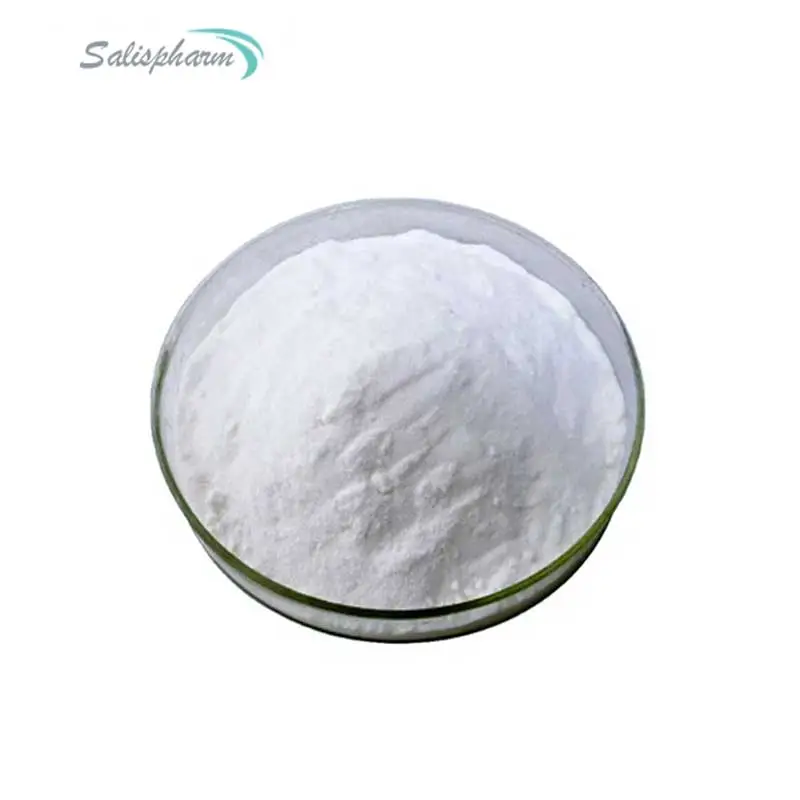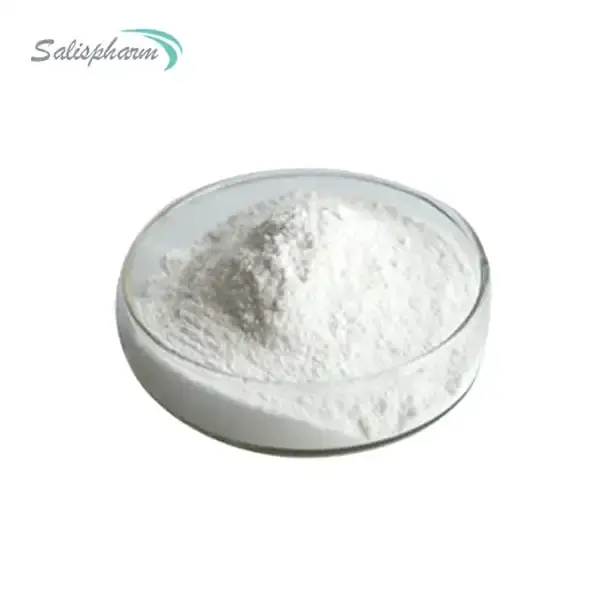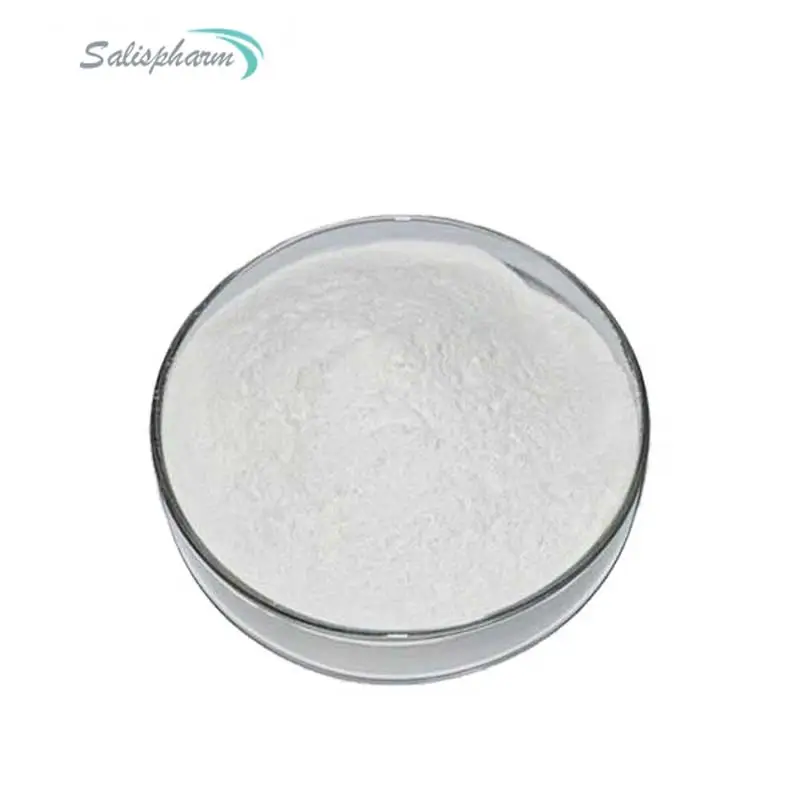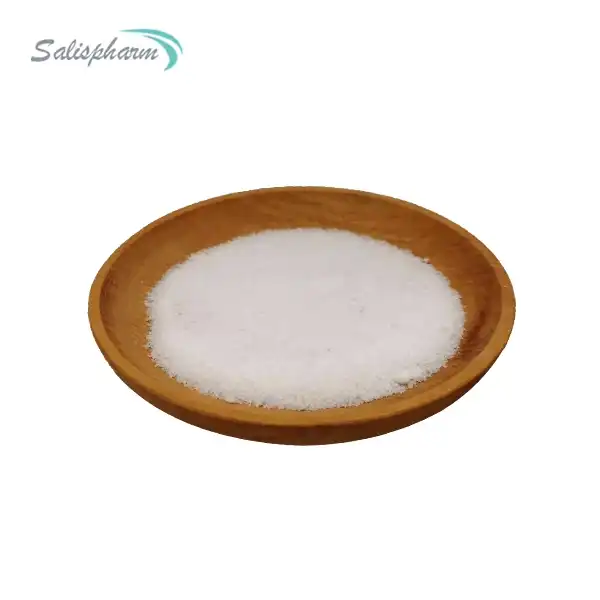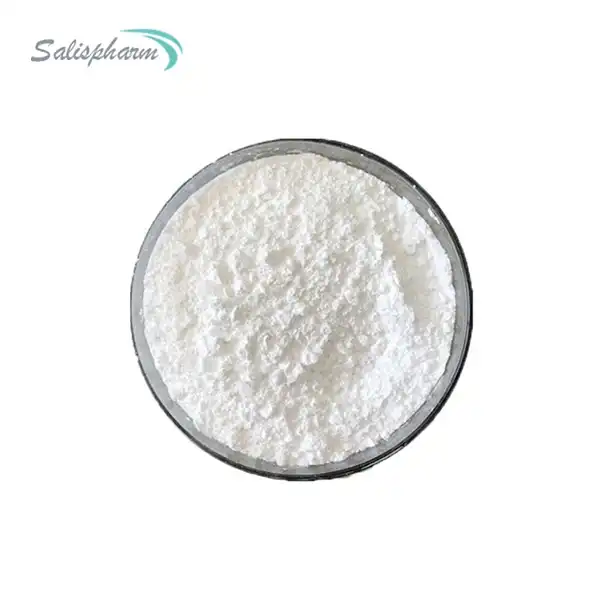Aceclofenac Powder, a nonsteroidal anti-inflammatory drug (NSAID), is commonly prescribed for the management of pain and inflammation associated with various conditions such as osteoarthritis and rheumatoid arthritis. While it is effective in reducing inflammation and alleviating pain, some users may wonder whether it can cause drowsiness or sleepiness. This article will explore the relationship between Aceclofenac Powder and sleepiness, discussing its potential side effects, its impact on the central nervous system, and strategies for managing sedative effects.
What Are the Common Side Effects of Aceclofenac Powder?
Aceclofenac, like other NSAIDs, can cause a range of side effects. While sleepiness is not typically listed among the common side effects, it is important to be aware of all possible reactions to the medication. The most frequently reported side effects of Aceclofenac Powder include:
1. Gastrointestinal issues: Abdominal pain, nausea, diarrhea, and indigestion are common. In some cases, more severe gastrointestinal problems such as ulcers or bleeding may occur, especially with long-term use or in high-risk individuals.
2. Cardiovascular effects: NSAIDs, including Aceclofenac, may increase the risk of heart attack or stroke, particularly in individuals with pre-existing cardiovascular conditions or risk factors.
3. Renal effects: Long-term use of Aceclofenac Powder can potentially impact kidney function, especially in elderly patients or those with pre-existing kidney issues.
4. Skin reactions: Some users may experience rashes, itching, or other dermatological reactions.
5. Allergic reactions: In rare cases, severe allergic reactions such as anaphylaxis may occur.
6. Central nervous system effects: While not as common as other side effects, some users report headaches, dizziness, or vertigo.
It's worth noting that while sleepiness is not typically listed as a common side effect of Aceclofenac, individual responses to medications can vary. Some users may experience drowsiness or fatigue, which could be mistaken for sleepiness. These effects may be more pronounced in certain individuals or when the medication is combined with other substances that affect the central nervous system.
How Does Aceclofenac Powder Affect the Central Nervous System?
NSAIDs are known to have varying impacts on the central nervous system. Some can cause dizziness or drowsiness, while others may not affect cognitive function or alertness. Aceclofenac's effects on the CNS are generally considered minimal compared to other NSAIDs, but it's important to understand its mechanism of action and potential neurological impacts.
Aceclofenac Powder works primarily by inhibiting cyclooxygenase (COX) enzymes, which are responsible for the production of prostaglandins. Prostaglandins play a role in pain and inflammation but are also involved in various physiological processes throughout the body, including in the brain. The inhibition of COX enzymes by Aceclofenac primarily occurs in peripheral tissues, but there is some evidence of central effects as well.
Studies have shown that Aceclofenac has a lower incidence of CNS-related side effects compared to some other NSAIDs. A comparative study published in the Journal of Clinical Pharmacology found that Aceclofenac had a more favorable safety profile in terms of CNS effects when compared to diclofenac, another commonly used NSAID [1].
However, it's important to note that individual responses can vary. Some factors that may influence the likelihood of experiencing CNS effects from Aceclofenac include:
1. Dosage: Higher doses may increase the risk of side effects, including potential CNS effects.
2. Individual sensitivity: Some people may be more susceptible to the central effects of NSAIDs.
3. Concomitant medications: Interactions with other drugs that affect the CNS could potentially enhance sedative effects.
4. Age: Elderly patients may be more susceptible to CNS effects of medications in general.
5. Liver function: As Aceclofenac is metabolized in the liver, impaired liver function could potentially lead to increased blood levels of the drug and enhanced effects.
While the direct sedative effects of Aceclofenac are not well-documented, it's possible that some users may experience fatigue or a sense of malaise that could be interpreted as sleepiness. This could be due to the body's response to the anti-inflammatory action of the drug or other systemic effects.
Can the Sedative Effects of Aceclofenac Powder Be Managed?
If Aceclofenac Powder does cause sleepiness or fatigue in some individuals, it is important to have strategies in place to manage these effects. Here are some potential methods for mitigating sedation:
1. Dosage adjustments: Consulting with a healthcare provider about adjusting the dosage may help reduce side effects while maintaining therapeutic benefits. A study published in the British Journal of Clinical Pharmacology demonstrated that lower doses of Aceclofenac could be effective for pain management while potentially reducing the risk of side effects [2].
2. Timing of medication intake: Taking Aceclofenac at bedtime might help minimize any daytime drowsiness. However, this should be discussed with a healthcare provider, as the timing of NSAID administration can affect its efficacy for certain conditions.
3. Lifestyle modifications: Ensuring adequate sleep, maintaining a balanced diet, and regular exercise can help combat fatigue that might be exacerbated by medication use.
4. Gradual introduction: Starting with a lower dose and gradually increasing it can help the body adjust to the medication and potentially reduce side effects.
5. Monitoring and reporting: Keeping a journal of side effects and discussing them with a healthcare provider can help in developing a personalized management plan.
6. Alternative medications: If sedative effects persist and significantly impact daily life, discussing alternative pain management strategies or medications with a healthcare provider may be necessary.
7. Avoiding CNS depressants: Limiting or avoiding alcohol and other substances that can cause drowsiness may help reduce the overall sedative effect.
8. Hydration: Staying well-hydrated can help combat fatigue and may help the body process the medication more efficiently.
It's crucial to note that any changes in medication regimen should be made under the guidance of a healthcare professional. Abruptly stopping or changing the dosage of Aceclofenac can lead to adverse effects or reduced efficacy in managing the underlying condition.
Conclusion
While Aceclofenac Powder is not commonly associated with sleepiness, individual responses to medication can vary. Understanding the potential side effects, the impact on the CNS, and strategies for managing sedative effects can help patients make informed decisions about their use of Aceclofenac Powder.
The available evidence suggests that Aceclofenac has a relatively favorable safety profile in terms of CNS effects compared to some other NSAIDs. However, as with any medication, it's essential to be aware of potential side effects and to communicate any concerns with a healthcare provider.
For individuals experiencing unexpected drowsiness or fatigue while taking Aceclofenac, it's important not to ignore these symptoms. Discussing these effects with a healthcare provider can lead to personalized strategies for managing side effects while maintaining effective pain control.
As research in pharmacology continues to evolve, our understanding of the effects of NSAIDs on the central nervous system may deepen. Future studies may provide more specific insights into the neurological impacts of Aceclofenac and potential ways to mitigate any adverse effects.
Ultimately, the goal of pain management is to improve quality of life while minimizing side effects. By staying informed and working closely with healthcare providers, patients can optimize their treatment plans and achieve the best possible outcomes in managing their pain and inflammation.
If you are also interested in this product and want to know more product details, or want to know about other related products, please feel free to contact iceyqiang@aliyun.com.
References:
1. Dooley M, Spencer CM, Dunn CJ. Aceclofenac: a reappraisal of its use in the management of pain and rheumatic disease. Drugs. 2001;61(9):1351-78.
2. Legrand E. Aceclofenac in the management of inflammatory pain. Expert Opin Pharmacother. 2004 Jun;5(6):1347-57.
3. Peris F, Bird HA, Serni U, et al. Treatment compliance and safety of aceclofenac versus standard NSAIDs in patients with common arthritic disorders: a meta-analysis. Eur J Rheumatol Inflamm. 1996;16(1):37-45.
4. Pareek A, Chandurkar N. Comparison of gastrointestinal safety and tolerability of aceclofenac with diclofenac: a multicenter, randomized, double-blind study in patients with knee osteoarthritis. Curr Med Res Opin. 2013 Jul;29(7):849-59.
5. Brogden RN, Wiseman LR. Aceclofenac. A review of its pharmacodynamic properties and therapeutic potential in the treatment of rheumatic disorders and in pain management. Drugs. 1996 Jul;52(1):113-24.
6. Raza K, Kumar M, Kumar P, et al. Topical delivery of aceclofenac: challenges and promises of novel drug delivery systems. Biomed Res Int. 2014;2014:406731.
7. Miyatake S, Ichiyama H, Kondo E, Yasuda K. Randomized clinical comparisons of diclofenac concentration in the soft tissues and blood plasma between topical and oral applications. Br J Clin Pharmacol. 2009 Jan;67(1):125-9.
8. Scarpignato C, Hunt RH. Nonsteroidal antiinflammatory drug-related injury to the gastrointestinal tract: clinical picture, pathogenesis, and prevention. Gastroenterol Clin North Am. 2010 Sep;39(3):433-64.




